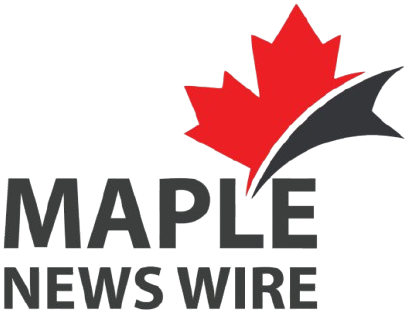Tariff tensions with the U.S. are driving up prices in Canada, with grocery and beauty products facing hikes of up to 25%.
The Cost of Conflict: Trade War Hits Canadian Consumers
As the Canada-U.S. trade war intensifies, Canadian households are bracing for steeper grocery bills. From pantry staples to personal care items, prices are set to rise sharply as tariffs and counter-tariffs ripple through supply chains.
Major retailers like Loblaw and Walmart are sounding the alarm, with Loblaw revealing that price hikes of up to 25% are inevitable for thousands of U.S.-sourced products once pre-tariff inventories run out.
Loblaw: Thousands of Items Affected
Loblaw CEO Per Bank announced that the company has already identified over 1,000 tariff-affected products, with that number expected to swell to over 6,000 in the coming weeks. While this represents less than 10% of Loblaw’s total 80,000-item inventory, the impact will be felt across key categories like health and beauty, natural foods, and essential pantry items.
Independent Grocers Face Tough Choices
Smaller, independent grocers aren’t immune. Gary Sands of the Canadian Federation of Independent Grocers highlighted the challenges these stores face. Many of them operate on razor-thin margins—around 2%—and cannot absorb the additional costs.
“If a 25% tariff is imposed, that full cost is passed on,” Sands stated. “There’s no buffer, no alternative in many cases.”
Limited Alternatives, Long Timelines
Retailers are scrambling to source alternatives from other countries. But in the food industry, change doesn’t happen overnight.
“You can’t just switch suppliers in a few weeks,” Sands explained. “Many products still have no viable alternatives outside the U.S.”
Government Intervention Offers Partial Relief
In response to growing concerns, the federal government has adjusted counter-tariff policies, softening duties on finished food products. These moves aim to cushion the blow for both businesses and consumers.
However, experts like University of Guelph food economist Mike von Massow warn that indirect pressures—such as U.S. metal tariffs—continue to impact costs across a wide range of items, including orange juice, alcohol, uncooked pasta, and even specialty imports like guinea fowl in jars.
Retailers Rebalance and Reassure
Retailers like Sobeys and Metro are making visible efforts to adapt. Sobeys has expanded its Canadian product lines and reshuffled assortments to offset costs. Metro, too, is working with suppliers to prioritize local sourcing and keep customer prices in check.
Meanwhile, Walmart has already begun increasing prices in the U.S., with CEO Doug McMillon confirming that costs related to tariffs on imports from countries like Costa Rica and Peru are being felt in departments like grocery.
Whether similar hikes will hit Walmart Canada remains to be seen, but the direction is clear—consumers should prepare for a pricier shopping experience in the months ahead.
Stay tuned to Maple News Wire for the latest updates.




